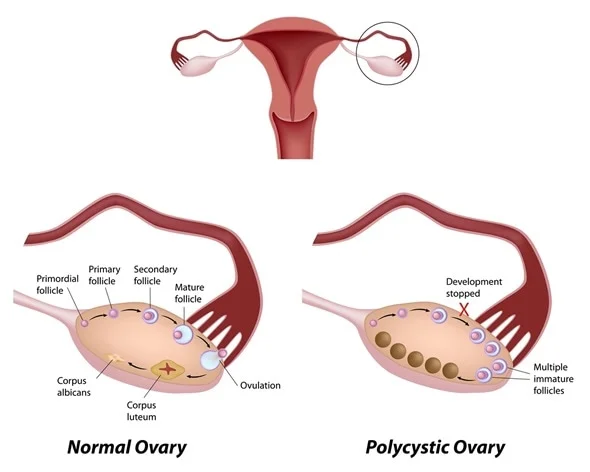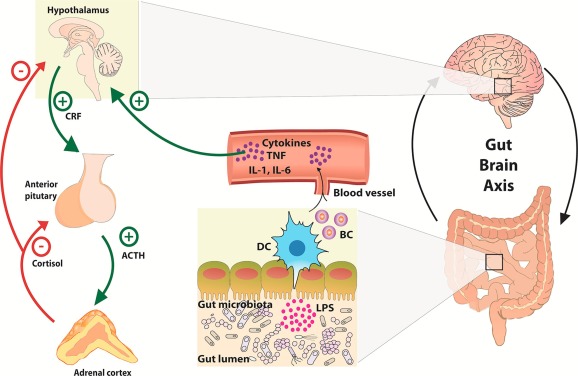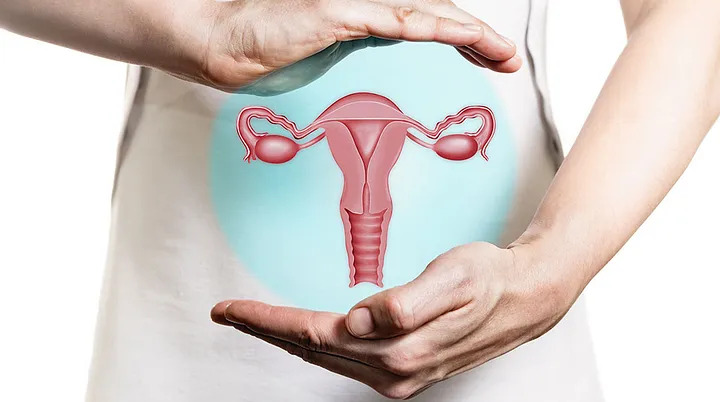
Introduction:
Polycystic Ovary Syndrome (PCOS) is a complex endocrine disorder that can manifest in adolescence, posing unique challenges for young individuals. In this insightful guide, Dr. Veena Agrawal sheds light on the intricacies of PCOS in adolescents and offers guidance on understanding, managing, and navigating this condition. As a dedicated healthcare professional, Dr. Agrawal aims to empower both adolescents and their caregivers with knowledge for proactive PCOS management.
Chapter 1: Demystifying Polycystic Ovary Syndrome
Dr. Agrawal begins by demystifying PCOS, providing a clear understanding of the condition. This chapter explores the hormonal imbalances, ovarian irregularities, and potential symptoms that characterize PCOS in adolescents, setting the stage for a comprehensive exploration of the disorder.
Chapter 2: Recognizing Signs and Symptoms
Recognizing the signs and symptoms of PCOS is crucial for early intervention. Dr. Agrawal delves into the varied manifestations of PCOS, such as irregular periods, acne, weight gain, and elevated androgen levels. Understanding these indicators facilitates timely diagnosis and targeted management strategies.
Chapter 3: Diagnostic Approaches in Adolescents
Diagnosing PCOS in adolescents requires a tailored approach. Dr. Agrawal guides readers through the diagnostic process, which may involve a combination of medical history assessment, physical examination, hormonal testing, and imaging studies. Early diagnosis enables a proactive approach to managing PCOS in the adolescent population.
Chapter 4: Lifestyle Modifications for PCOS Management
Dr. Agrawal emphasizes the significance of lifestyle modifications in managing PCOS symptoms. From adopting a balanced diet and engaging in regular physical activity to maintaining a healthy weight, this chapter provides practical tips for adolescents to incorporate into their daily lives to optimize their overall well-being.
Chapter 5: Hormonal Management and Medications
For some adolescents with PCOS, hormonal management may be recommended. Dr. Agrawal explores the various medications, such as oral contraceptives or anti-androgen medications, that may be prescribed to regulate menstrual cycles, control acne, and manage other PCOS-related symptoms.
Chapter 6: Emotional Well-being and Support
The emotional toll of PCOS on adolescents should not be underestimated. Dr. Agrawal addresses the psychological aspects of PCOS, offering insights into the potential impact on mental health and strategies for promoting emotional well-being. Support from caregivers, friends, and healthcare professionals is emphasized as a crucial component of the management plan.
Chapter 7: Future Considerations and Long-Term Health
Looking ahead, Dr. Agrawal explores the long-term health considerations for adolescents with PCOS. From fertility concerns to the potential impact on metabolic health, this chapter provides a roadmap for ongoing care and considerations for the transition into adulthood.
Conclusion:
“Understanding and Managing Polycystic Ovary Syndrome (PCOS) in Adolescents” by Dr. Veena Agrawal is a comprehensive guide that navigates the unique challenges of PCOS in the adolescent population. Dr. Agrawal’s expertise shines through, offering not only insights into the diagnosis and management of PCOS but also a compassionate understanding of the emotional and long-term health considerations for adolescents. This guide serves as a valuable resource for adolescents, their caregivers, and healthcare professionals committed to the holistic well-being of young individuals with PCOS.
For more info. please visit : https://www.ahrihospital.com/





